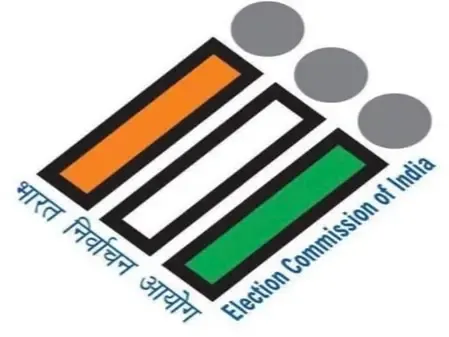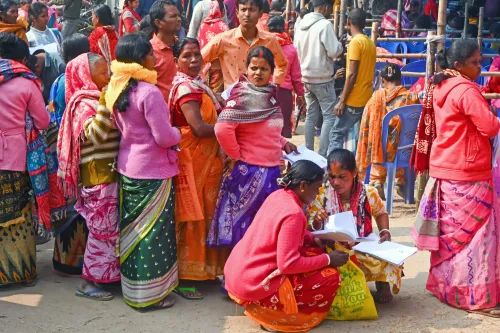Does India Have Sufficient Energy Supplies for the Upcoming Months?

Synopsis
Key Takeaways
- India has sufficient petroleum supplies for upcoming months.
- Geopolitical tensions have led to rising oil prices.
- Strategic petroleum reserves are being enhanced.
- India does not rely on Iranian oil imports.
- Forecasts suggest stable inflation rates despite oil price volatility.
New Delhi, June 13 (NationPress) The Minister of Petroleum and Natural Gas, Hardeep Singh Puri, confirmed on Friday that India possesses sufficient stocks of petroleum products, including petrol, diesel, jet fuel, and LPG, for the upcoming months.
“I conducted a routine review with the Secretary of the Petroleum Ministry and executives from India’s oil public sector undertakings. We are well-prepared with our energy supplies for the near future,” stated the minister.
This assurance follows a review meeting with the Chairmen of the major national oil marketing firms, which include Indian Oil Corporation, Bharat Petroleum Corporation, and Hindustan Petroleum Corporation. The Petroleum Secretary was also in attendance.
“India’s energy policy is crafted to effectively manage the trilemma of energy availability, affordability, and sustainability under the proactive guidance of Prime Minister Narendra Modi,” added Puri.
The minister's remarks arrive amid rising global market uncertainties, with oil prices escalating by over 9 percent on Friday due to Israel's military actions against Iran's nuclear facilities and missile production sites, intensifying geopolitical tensions in the Middle East.
The benchmark Brent crude price surged by over $6, reaching a five-month peak of $78 per barrel.
As reported by Emkay Global, Iran produces approximately 3.3 million barrels per day (mbpd) of crude oil, accounting for about 3 percent of global production, and exports around 1.5 mbpd, predominantly to China (80 percent), with Turkey being the next largest importer. Iran's geographical position near the Strait of Hormuz/Persian Gulf, a critical passageway for over 20 mbpd of oil trade from countries such as Saudi Arabia and the UAE, has previously led to threats of blocking this key route.
A wider conflict in the Middle East could significantly disrupt oil supplies from Saudi Arabia, Iraq, Kuwait, and the UAE, potentially causing oil prices to spike sharply. Amid the ongoing US-China trade tensions, reports indicate that China has not fully complied with Western sanctions on Iran and continued importing oil, although their intake has reportedly decreased in recent months. Notably, India does not import Iranian oil, as stated in the report.
Puri has previously emphasized the milestones achieved in the oil and gas sector, indicating that India now operates 23 modern refineries with a collective capacity of 257 million metric tonnes per annum for petroleum product production.
The minister also pointed out the ministry's proactive measures in establishing storage facilities for strategic petroleum reserves, which can be utilized during emergencies and are crucial during periods of geopolitical instability. These reserves can also be tapped into when global prices surge, providing a buffer for national oil companies.
The storage capacity at Pudur stands at 2.25 million metric tonnes (MMT), while the facility in Visakhapatnam can store 1.33 MMT of crude oil, and Mangaluru has a capacity of 1.5 MMT. Additionally, another strategic reserve facility is under construction at Chandikhol, located along the coast.
Although oil prices are expected to remain volatile in the short term, the Emkay report notes that with OPEC+ planning another production increase in July, the fundamentals of oil markets remain adequately supplied, even considering potential Iranian supply reductions.
Regarding the implications for the Indian economy, the report states: “Currently, we are not altering our forecasts and anticipate CPI inflation to fall below the RBI’s estimate of 3.7 percent, averaging between 3.3-3.4 percent in FY26. We observe that every $10 increase in oil prices results in an annualized rise of 35 basis points in CPI inflation.”
“Our Energy team holds an optimistic perspective on India’s oil market companies, supported by robust marketing margins and gross refining margins (GRMs), while maintaining a Brent price of up to $75 per barrel for the remaining year. We foresee no downside risks,” the report concluded.










